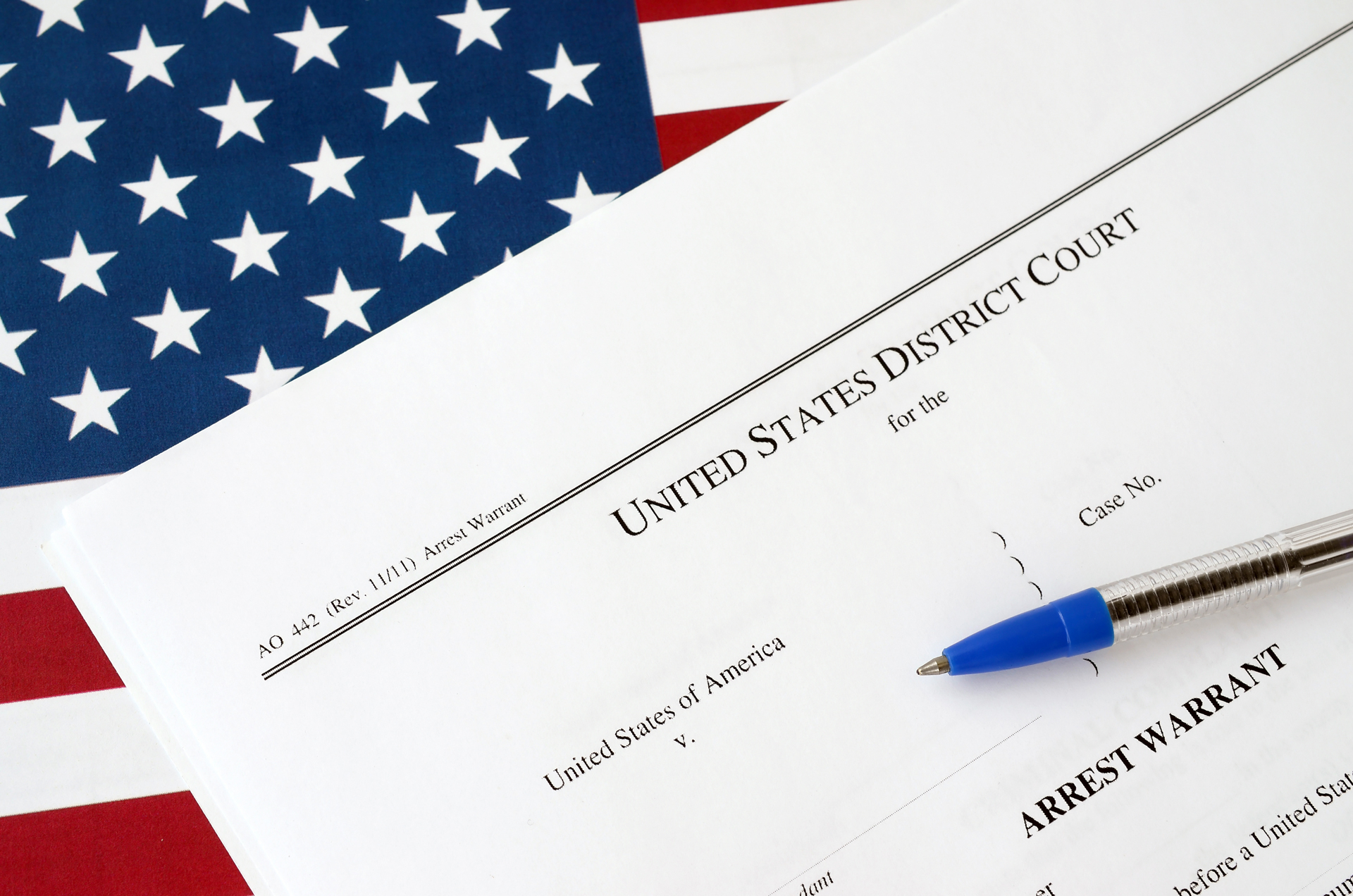

Although they may sound similar, bench warrants and arrest warrants are very different. Many times, a person may not even realize that a bench warrant has been issued for them.
For example, if you’ve recently moved, you may not have received the notice of the hearing date. Or maybe life got busy, and you simply forgot about your hearing. Despite the reason, the court will assume you intentionally failed to appear.
Understanding what bench warrants are and how they work in Maryland is important to ensure you handle the situation appropriately. Keep reading to learn what you need to know about bench warrants.
Based strictly on terminology, bench warrants and arrest warrants are confusing. A warrant is a warrant, right? To a degree, they are. You should never ignore any kind of warrant because they will not just go away. Ignoring a warrant can complicate things for you, and you could end up in jail.
Bench warrants are the most common type of warrant issued and may also be referred to as failure-to-appear warrants. The judge may issue a bench warrant if you don’t show up for a required court appearance or even for a probation violation. While police could show up at your home or place of business to arrest you, many times, bench warrants aren’t acted upon until you have some type of interaction with the police, such as a traffic stop.
When there is probable cause that someone has committed a crime, a warrant will be issued for their arrest, also referred to as an arrest warrant. In some cases, a judge may issue a summons. For more serious charges, an arrest warrant will be issued. An arrest warrant marks the beginning of the criminal process against the accused.
Taking the necessary steps to confirm if you have a bench warrant is essential. You can begin by searching the court database in the applicable jurisdiction. However, the most reliable way to determine if a warrant has been issued is to contact an experienced defense attorney to search on your behalf.
An attorney can check the sheriff’s office and the courthouse to see if there are any outstanding warrants. They will also be able to begin to gather details of the charges against you to start working on your defense.
It’s essential to be proactive if a warrant has been issued. Here are some steps you can take to ensure that the warrant is handled properly.
Just because a bench warrant has been issued doesn’t mean you will end up in jail. Your lawyer can file a “Motion to Quash.” If the motion is granted, the Court will issue a summons for the person to appear at another court date, and the person will not have to go to jail for the bench warrant.
The State’s Attorney or the prosecutors have no say in dropping a bench warrant. Only a Maryland judge can drop a bench warrant. Generally, the judge who issued the bench warrant makes the ruling on whether or not the bench warrant will be recalled or grant the motion to quash.
When you receive a traffic ticket in Maryland, it’s important to note that there are two types; Must Appear and Payable. Towards the lower right side of the ticket you will see an amount of a fine to be paid, or the words “must appear.”
If you were issued a payable traffic ticket and failed to appear in court, it will not result in a bench warrant being issued. When you fail to appear for a traffic ticket, the Court will notify the Motor Vehicle Administration, and they will suspend your driving privileges. Your license will be suspended as long as the ticket is unpaid or if you do not request a new trial date.
On the other hand, if the ticket is marked “must appear” and you fail to appear at the scheduled court hearing, the judge will issue a bench warrant. The court will likely order the bail to be set by the commissioner when the driver is arrested. The amount of bail for this type of bench warrant varies based on your criminal history and the county of the violation.
Facing a bench warrant can be scary. You need experienced legal representation to ensure that you avoid jail time based on your bench warrant.
Regardless of the basis for the bench warrant, the team at Jeremy Widder Law can help you fight it. Our team will listen to you and be your advocate. We have represented clients in a variety of areas, and we’re ready to help you too.
Contact us today to schedule a consultation.